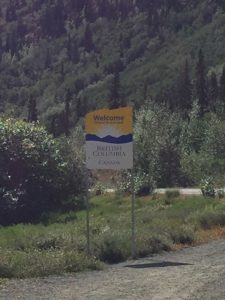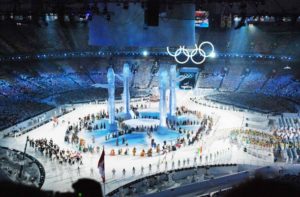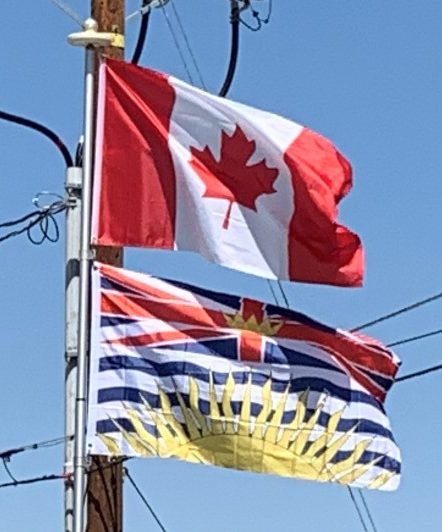
Vancouver and Victoria became cultural centers as poets, authors, artists, musicians, as well as dancers, actors, and haute cuisine chefs flocked to its scenery and warmer temperatures, with the cultural and entrepreneurial community bolstered by many Draft dodgers from the United States. Tourism also played a role in the economy. The rise of Japan and other Pacific economies was a boost to British Columbia’s economy, primarily because of exports of lumber products and unprocessed coal and trees.[citation needed]
1970s and 1980s:
On August 27, 1969, the Social Credit Party was re-elected in a general election for what would be Bennett’s final term in power. At the start of the 1970s, the economy was quite strong because of rising coal prices and an increase in annual allowable cuts in the forestry sector. However, BC Hydro reported its first loss, which was the beginning of the end for Bennett and the Social Credit Party.
In 1988, David Lam was appointed as British Columbia’s twenty-fifth Lieutenant-Governor, and was the province’s first Lieutenant-Governor of Chinese origin.
1990s to Present:
The NDP won the election of 1991. In the 2001 general election Gordon Campbell’s BC Liberals defeated the NDP, gaining 77 out of 79 total seats in the provincial legislature. Campbell instituted various reforms and removed some of the NDP’s policies including scrapping the “fast ferries” project, lowering income taxes, and the controversial sale of BC Rail to CN Rail. Campbell was also the subject of criticism after he was arrested for driving under the influence during a vacation in Hawaii. However, Campbell still managed to lead his party to victory in the 2005 general election, against a substantially strengthened NDP opposition. Campbell won a third term in the 2009 provincial election, marking the first time in 23 years a premier has been elected to a third term.
The province won a bid to host the 2010 Winter Olympics in Vancouver and Whistler. As promised in his 2002 re-election campaign, Vancouver Mayor Larry Campbell staged a non-binding civic referendum regarding the hosting of the Olympics. In February 2003, Vancouver’s residents voted in a referendum accepting the responsibilities of the host city should it win its bid. Sixty-four percent of residents voted in favor of hosting the games.

After the Olympic joy had faded, Campbell’s popularity started to fall. His management style, the implementation of the Harmonized Sales Tax (HST) against election promises and the cancelling of the BC Rail corruption trial lead to low approval ratings and loss of caucus support. He would resign in November 2010 and call on the party to elect a new leader.
In early 2011, former Deputy Premier Christy Clark became leader of the Liberal Party. While Clark lost her seat to NDP candidate David Eby, she later won a by-election in the riding of Westside-Kelowna. Her government would go on to balance the budget, implement changes to liquor laws and continue with the question of the proposed Enbridge Northern Gateway Pipelines.
